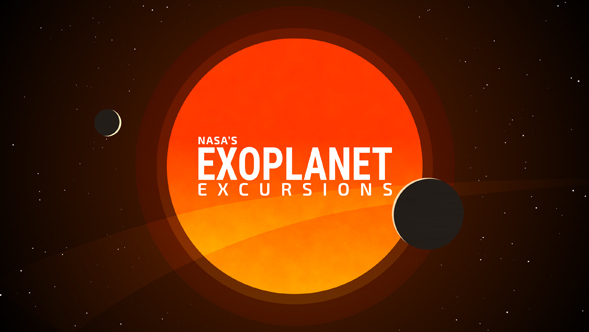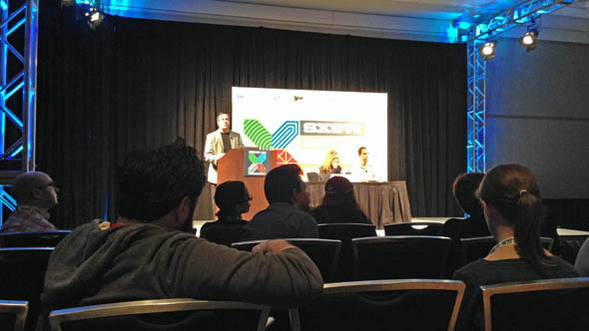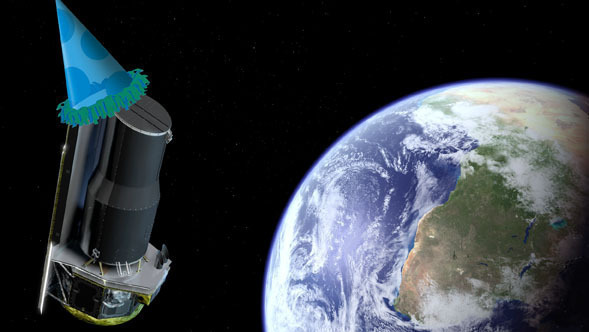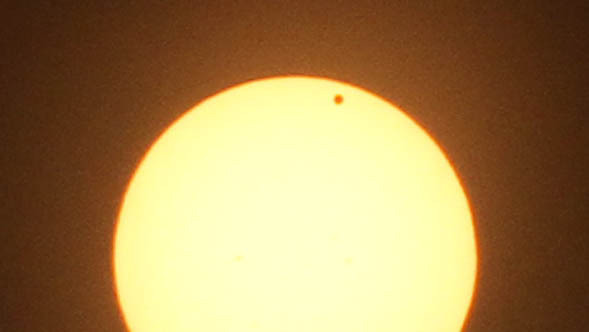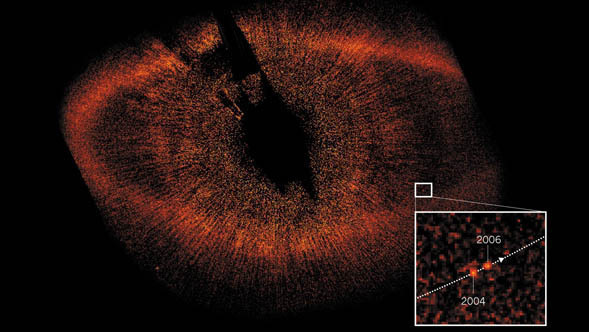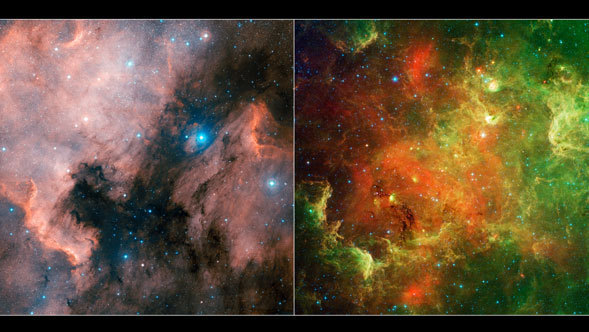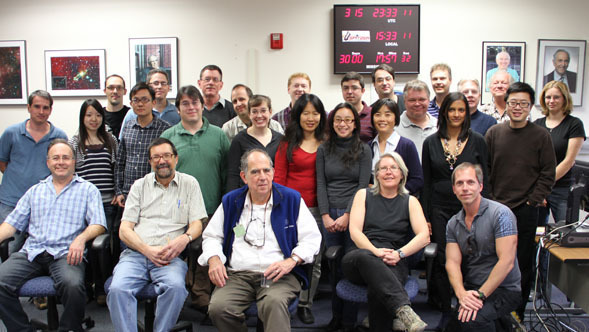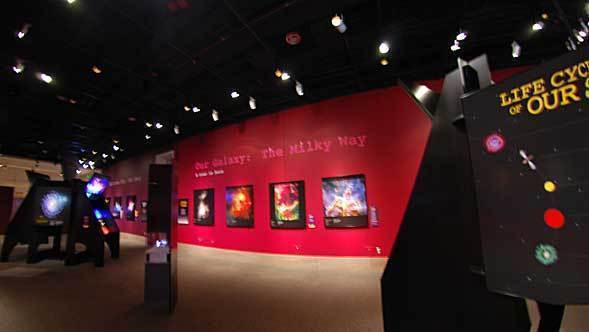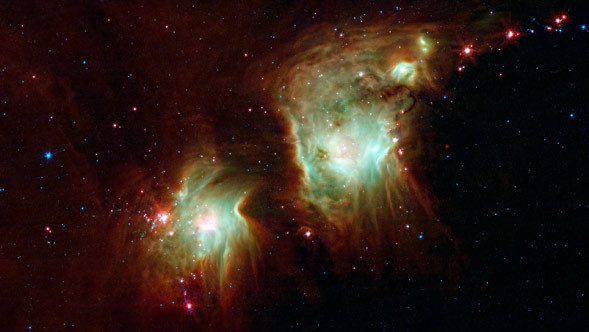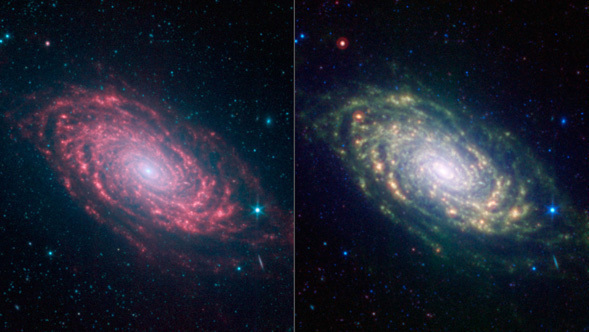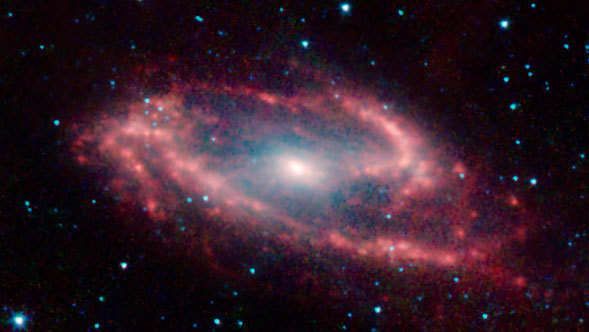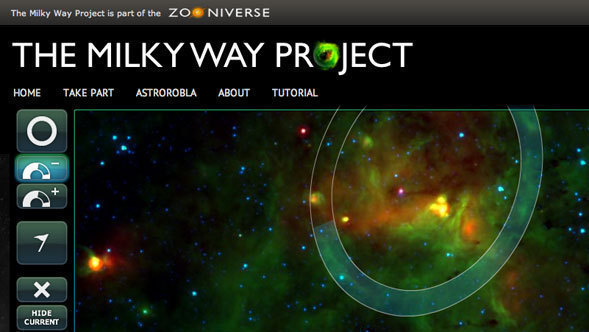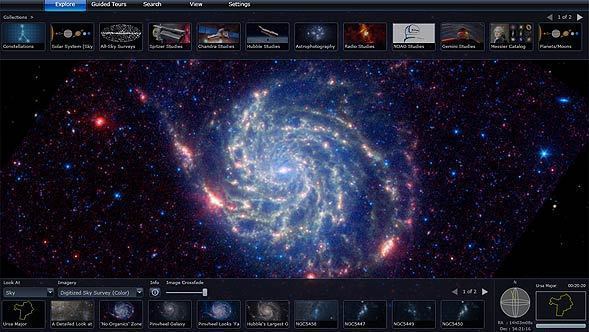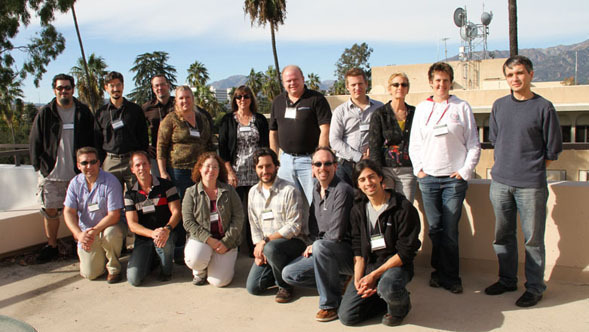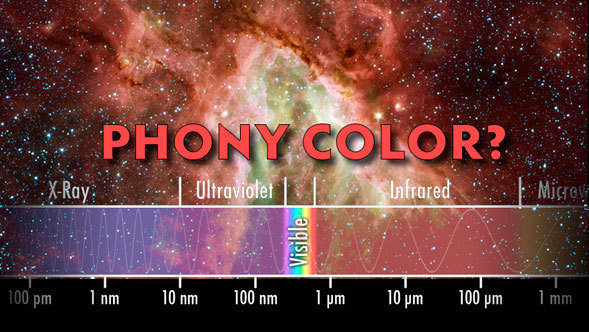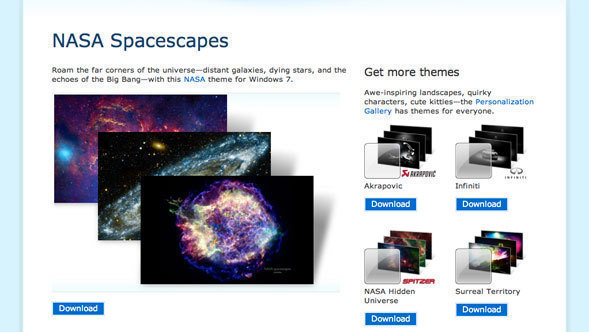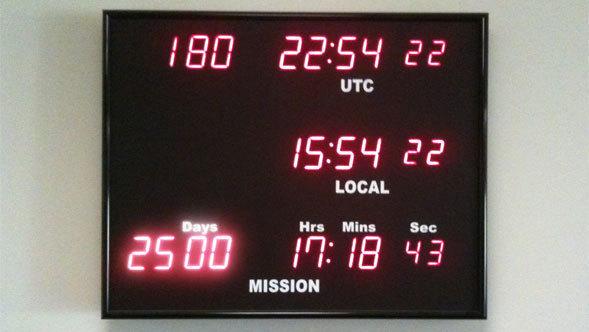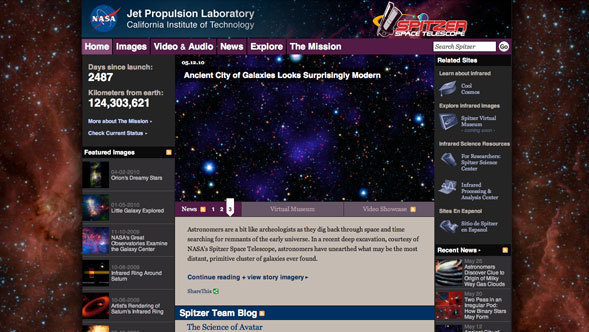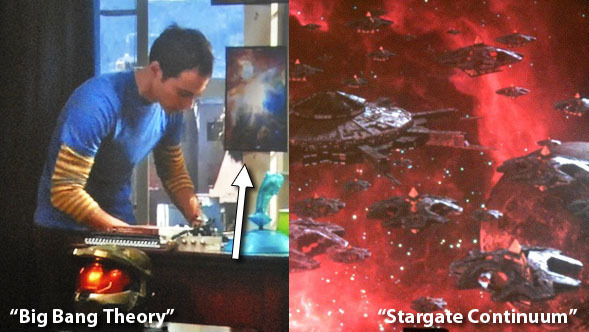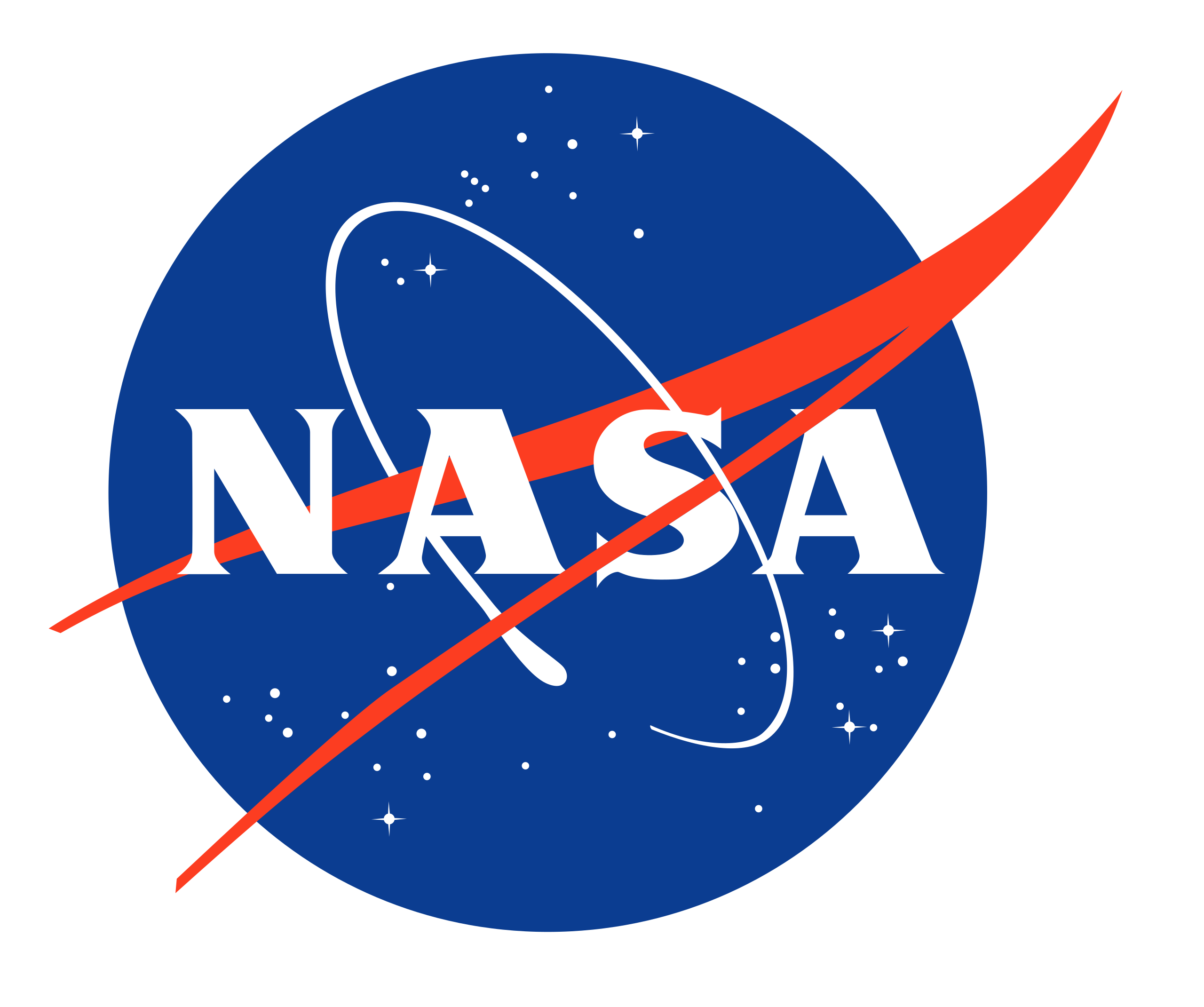It seems like I spent much of my life trying hard to not be an astronomer, but by the time I was in graduate school I stopped fighting it and had to let it happen. I can't remember a time, really, when I wasn't devouring anything with pictures of planets, nebulas, or galaxies. Perhaps I can blame it all on Mr. Spock who was kind of a role model growing up, demonstrating that science was a pretty cool thing to be good at.
I grew up in North Carolina, and by the time I was in high school was inspired to make the most of the telescope my dad had given me. I had red a science fiction story in an anthology in which a character ended up on an alien world. He looked at the night skies to see if he could recognize any constellations to see if he was still close to our solar system. In an odd sort of way I realized that if I ended up in a situation like that I didn't know enough about the sky to determine whether I was still on the Earth. That was soon rectified.
I pursued an undergraduate degree in physics at UNC-Chapel Hill, then uprooted to go to the exotic lands of Los Angeles for graduate school at UCLA. By the end of my second year I realized my interests were not in my intended field of plasma physics, but in astronomy. I spent the next few years immersing myself in the world of radio astronomy. My thesis was about an obscure (or more literally "obscured") galaxy known as Maffei 2. What was amazing about this relatively nearby galaxy is that despite it being quite large in the sky it was only discovered in 1972. By chance it happened to fall behind dark dust clouds in our own Milky Way and in visible light is all but impossible to see. This opened my professional eyes to the power of radio and infrared light to see the unseen.
Since then my astronomical interests have included studying young stars in the process of forming, and looking at distant energetic galaxies. But this research ultimately led me to a staff position here at IPAC, first as part of the quality assurance team on the Two Micron All Sky Survey (2MASS).
Besides my research interests in astronomy, I have long been a hobbyist in art, graphics, and photography. Growing up reading about special effects, I was delighted to have software on my computer that allowed me to visualize alien worlds. But sometimes your hobbies can catch up with your professional life. By the time the Spitzer Space Telescope was ramping up for launch, I took the position of visualization scientist for the project.
My position at Spitzer gives me the incredible opportunity to render some of the most amazing astronomical datasets into images everyone can enjoy. Otherwise my job is to help tell the science story of Spitzer and astronomy through images, art, and illustrations. Another project of mine is the Hidden Universe podcast series, which has added video production to my weekly activities at work.
I've always been mesmerized by the universe, and if anything I do here at the Spitzer Science Center can help share that excitement with others, then I couldn't ask for more.

It seems like I spent much of my life trying hard to not be an astronomer, but by the time I was in graduate school I stopped fighting it and had to let it happen. I can't remember a time, really, when I wasn't devouring anything with pictures of planets, nebulas, or galaxies. Perhaps I can blame it all on Mr. Spock who was kind of a role model growing up, demonstrating that science was a pretty cool thing to be good at.
I grew up in North Carolina, and by the time I was in high school was inspired to make the most of the telescope my dad had given me. I had red a science fiction story in an anthology in which a character ended up on an alien world. He looked at the night skies to see if he could recognize any constellations to see if he was still close to our solar system. In an odd sort of way I realized that if I ended up in a situation like that I didn't know enough about the sky to determine whether I was still on the Earth. That was soon rectified.
I pursued an undergraduate degree in physics at UNC-Chapel Hill, then uprooted to go to the exotic lands of Los Angeles for graduate school at UCLA. By the end of my second year I realized my interests were not in my intended field of plasma physics, but in astronomy. I spent the next few years immersing myself in the world of radio astronomy. My thesis was about an obscure (or more literally "obscured") galaxy known as Maffei 2. What was amazing about this relatively nearby galaxy is that despite it being quite large in the sky it was only discovered in 1972. By chance it happened to fall behind dark dust clouds in our own Milky Way and in visible light is all but impossible to see. This opened my professional eyes to the power of radio and infrared light to see the unseen.
Since then my astronomical interests have included studying young stars in the process of forming, and looking at distant energetic galaxies. But this research ultimately led me to a staff position here at IPAC, first as part of the quality assurance team on the Two Micron All Sky Survey (2MASS).
Besides my research interests in astronomy, I have long been a hobbyist in art, graphics, and photography. Growing up reading about special effects, I was delighted to have software on my computer that allowed me to visualize alien worlds. But sometimes your hobbies can catch up with your professional life. By the time the Spitzer Space Telescope was ramping up for launch, I took the position of visualization scientist for the project.
My position at Spitzer gives me the incredible opportunity to render some of the most amazing astronomical datasets into images everyone can enjoy. Otherwise my job is to help tell the science story of Spitzer and astronomy through images, art, and illustrations. Another project of mine is the Hidden Universe podcast series, which has added video production to my weekly activities at work.
I've always been mesmerized by the universe, and if anything I do here at the Spitzer Science Center can help share that excitement with others, then I couldn't ask for more.
